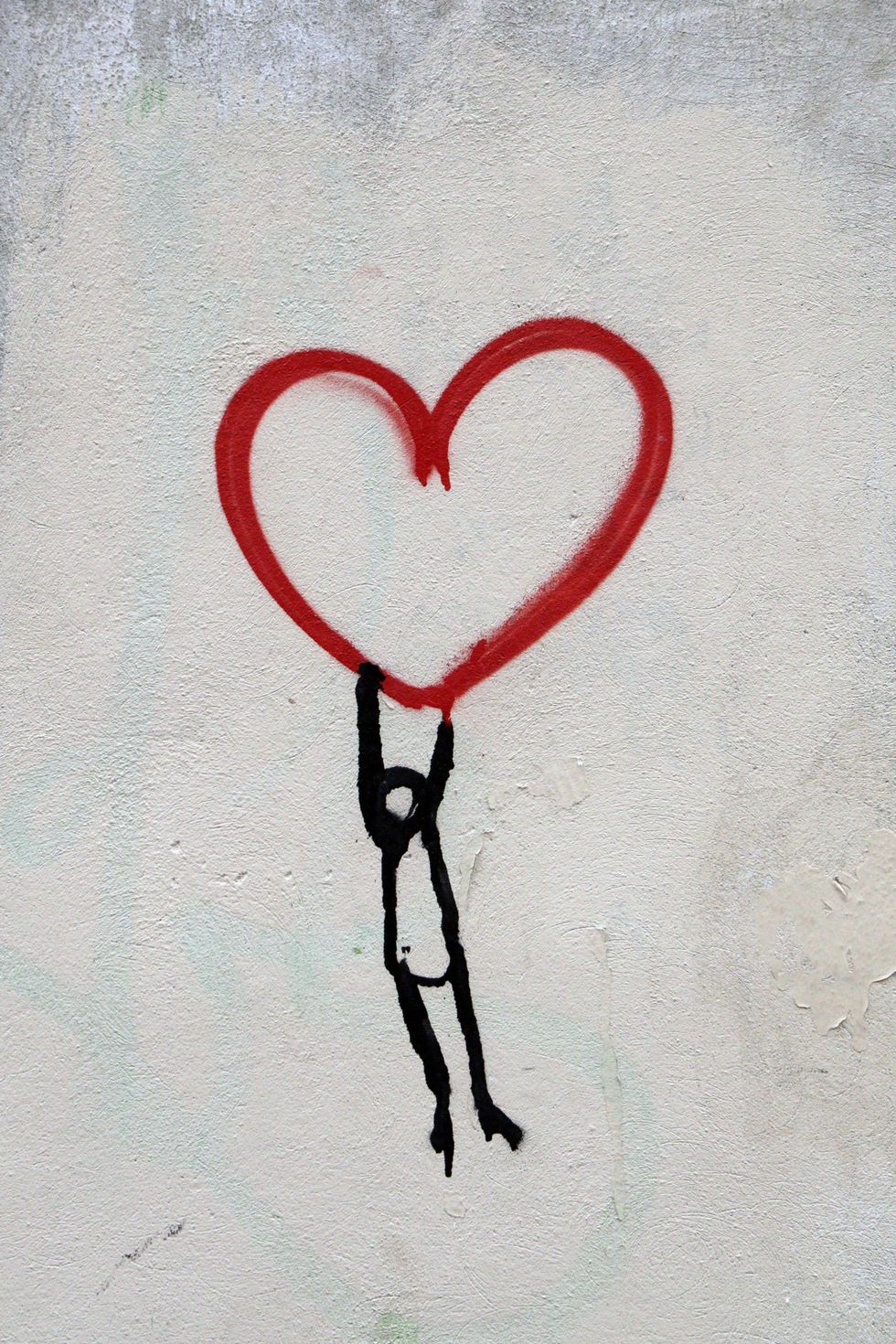Codependency and the issues that arise from it is something that I feel is not often talked about, and I want to change that. I at one point was the victim of a codependent friendship and I remember how exhausting and traumatizing it is being in this vicious cycle of attending to another person. Recently, I've been watching one of my dear friends get sucked into a codependent relationship.
I feel as though I haven't done my part as someone who was able to warn others about becoming trapped in a codependent situation, and what better way to share it with the world? For this article, we will be distinguishing the two pieces to the codependency puzzle. There are Enablers and the Enabled. The Enabled is the person in the relationship or friendship that is abusing the amount of power and empathy that the Enabler is giving them. If you are concerned that you may be an enabler in your relationship, here are 5 signs that you may be stuck in a codependent relationship, and ways to protect yourself from more mental stress.
1. You're always worrying about the Enabled's issues

Photo by Melanie Wasser on Unsplash
There is an unhealthy obsession in codependent relationships that makes it difficult to concentrate on anything else. You may be worried about your significant other or friend during all hours of the night. This is causing an unhealthy amount of anxiety on your life. It's almost as if you cannot find any satisfaction in life if your Enabled is unhappy.
It's important to understand that there are things that are beyond your control, worrying for another person in this obsessive manner is not going to fix what is prompting them to lean on you for emotional support. Don't blame yourself for these issues, but rather understand that the Enabled's life is not completely in your control.
2. You're ignoring your own needs.

Photo by Alexandra Gorn on Unsplash
In terms of the friend I've been watching, I've noticed that her sleep has increasingly suffered. If you are up all hours of the night trying to soothe or talk out issues with someone, you are not taking care of one of your basic needs. Is it great to be available to people? Yes, absolutely. However, it is detrimental to your health if you are an unpaid 24/7 therapist. Dropping everything you are doing all the time is making you less of a priority and ultimately enabling your person.
Set boundaries. It's great that you are taking time to help someone or be there as a friend, but it's not good to make yourself available when you're not. Take time for yourself.
3. You've allowed hurtful behavior from the Enabled.

Photo by Aliyah Jamous on Unsplash
Sometimes the Enabled will use rhetoric that can be damaging to not only the Enabler but people that are trying to help the Enabler leave the situation that they are currently in. More often than not, Enabler's allow this rhetoric and behavior to continue despite feeling like it is wrong.
Use your voice. It might feel as though you don't have one, but your feelings are valid and important.
4. Enablers are victims of "Power Games" or Manipulation

Photo by Jonathan Sharp on Unsplash
As previously stated, the Enabled are notoriously known for using the pull that they have on the Enabler to trap them. One way they do this is to play power games. Using manipulation to trick the Enabler into staying in the orbit. This is one sign that can be the hardest to avoid and the hardest to get past. Almost anything that is being said might be intended to put you down or make you think a certain way. You may be repeating what the Enabled has told you as excuses to your friends.
This is something that is really hard to get past. However, I would recommend having an open mind and asking someone outside of your situation for their opinion. A fresh take on the situation might provide some clarity on whether you are being manipulated.
5. You're trying to "fix" someone who is emotionally or mentally unavailable.

Photo by Nick Fewings on Unsplash
In codependent relationships, many times the Enabled is an addict or someone with a mental health issue. More often than not they have narcissistic tendencies. These issues usually make it difficult for Enablers to leave the situation as they feel responsible to help their enabled. This could potentially become dangerous, especially if this person is an addict.
If this is the case, you need to detach yourself in a loving matter. Understand where your boundaries are, and if this person is a danger to themselves or someone else you need to get help immediately. Especially with addiction, and there sometimes is only so much you can do. The most important thing you can remember is that this person's issues are not your fault, and you can't always save people from themselves.
I hope this was helpful in identifying signs in a codependent relationship and ways to detach yourself from a situation. Often times the only solution is to depart from the relationship and that can be increasingly difficult for both parties as the bond and enabling continues. Establishing healthy boundaries is always important, and it's sad that it's not talked about more.








 man running in forestPhoto by
man running in forestPhoto by 










